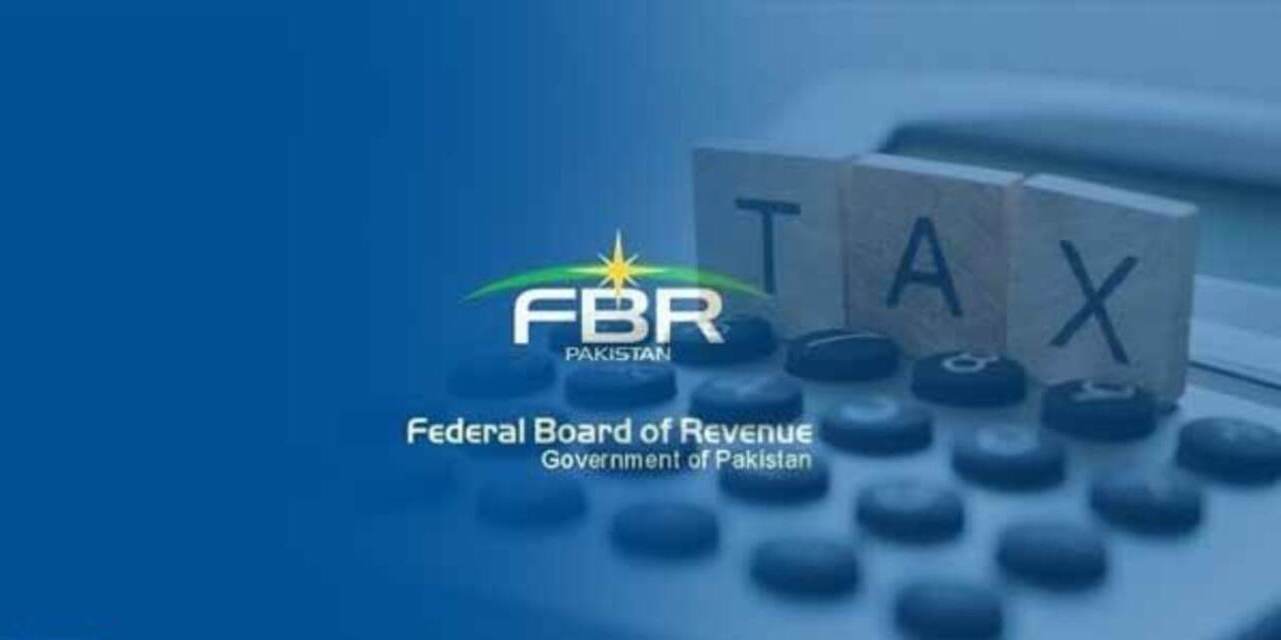Editorial
The Federal Board of Revenue (FBR) has introduced a series of new measures with the aim of increasing tax compliance and expanding the tax base by eliminating the non-filer category. This involves imposing restrictions on activities such as property purchase, car acquisition, mutual fund investment, current account opening, and international travel, except for religious purposes. The removal of the non-filer category means that individuals who previously evaded tax obligations by paying a small fee will no longer be able to do so. Non-filers will be prohibited from engaging in a total of 15 activities, including opening traditional bank accounts, except for basic accounts designed for low-income individuals.
These restrictions will be phased in gradually over the next few months. The FBR chairman has expressed that machine learning and algorithms will be utilized to identify non-filers, criticizing the concept of non-filers and stating that such classifications are not recognized globally and should be eliminated. Additionally, manpower and automation at key entry points will be strengthened to combat smuggling, and collaboration with the State Bank will be established to monitor individuals whose income and transactions do not align. These measures, if effectively implemented, could represent a significant effort to transform Pakistan into a tax-compliant nation. However, the question remains whether these measures will be adequate to capture the major tax evaders.
The minister of state for finance has mentioned that the FBR is implementing digitalization initiatives to formalize untaxed sectors and encourage compliance. Sectors like retail, agriculture, and real estate have historically resisted taxation, contributing to the stagnant tax-to-GDP ratio despite pressure from institutions such as the IMF to increase revenue collection. Consequently, the new measures may potentially place a heavier burden on salaried individuals, who typically have their taxes deducted at the source. Therefore, the impact of the new restrictions on non-filers on revenue generation might be limited. Tackling the extensive untaxed sector is essential to bring about significant change in revenue collection. This challenge is further complicated by the possibility of reducing or limiting various forms of support, such as potential increases in power tariffs and reduced subsidies for the energy sector, in order to comply with IMF conditions. While it is crucial to underscore the necessity of these measures, it is also evident that they are likely to be met with resistance. Furthermore, the government must not only focus on increasing revenues but also on creating a more favorable business environment, especially as tariff and tax pressures on businesses and consumers continue to rise. This will undoubtedly be a challenging task for the government.
















